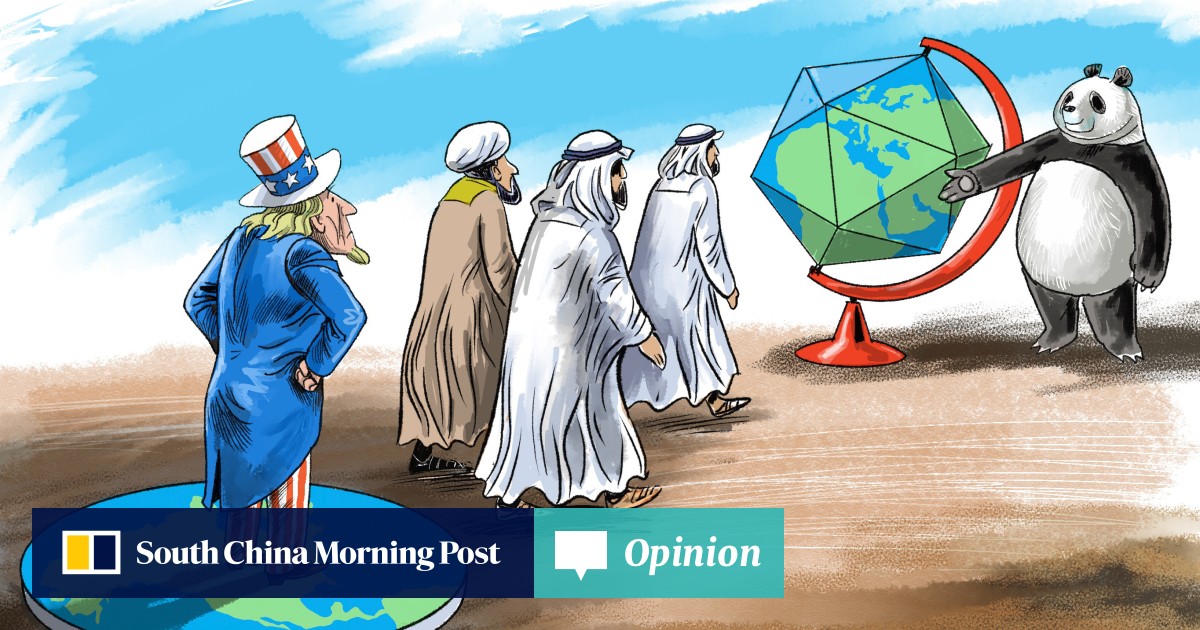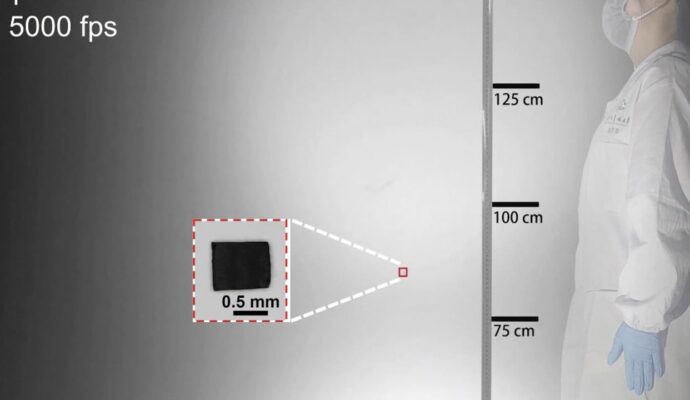
President Xi Jinping’s renewed call for a new global security and economic order that places the Global South at its core is more than rhetorical positioning against the United States. It signals a paradigm shift in the architecture of world politics.
Advertisement
Speaking at the Shanghai Cooperation Organisation (SCO) summit in Tianjin on Monday, Xi called on nations to “oppose hegemonism and power politics” and instead “practise true multilateralism”. The message was unmistakable: the dominance of the US in shaping global governance is being contested, and Beijing seeks an alternative framework designed to reshape the trajectory of international relations in the decades ahead.
The timing of Xi’s remarks is crucial. The global order has been weakened by the dual shocks of the Covid-19 pandemic and intensifying geopolitical rivalries. While the US retains unrivalled military capacity and deep financial reach, its credibility among developing nations has eroded in recent years as its policies are often viewed through the lens of narrow self-interest.
This disillusionment resonates across the Global South, where long-standing frustrations over exclusion from international decision-making remain unresolved. Beijing’s vision taps into these frustrations. For many developing nations, globalisation’s asymmetries, ranging from debt dependency to vaccine inequality, have exposed the failures of existing institutions. The allure of Beijing’s proposal lies in its promise of inclusivity, yet whether this inclusivity can translate into practice remains an open question.
For the Muslim world and broader Middle East, it presents both opportunity and risk. Historically locked into Cold War binaries and reliant on the US security umbrella, many states are now recalibrating their alignments. Gulf states are strengthening energy and investment ties with China, Turkey is engaging with the Brics grouping of developing nations, and crisis-ridden economies such as Egypt and Pakistan are increasingly looking eastward for financing.
Advertisement
Xi’s call to practise “true multilateralism” appeals to states disillusioned with Western-led institutions such as the International Monetary Fund and World Bank, whose conditions for relief have at times triggered domestic unrest. For these societies, diversification offers not just economic relief but also political leverage to reduce dependency on Washington.

